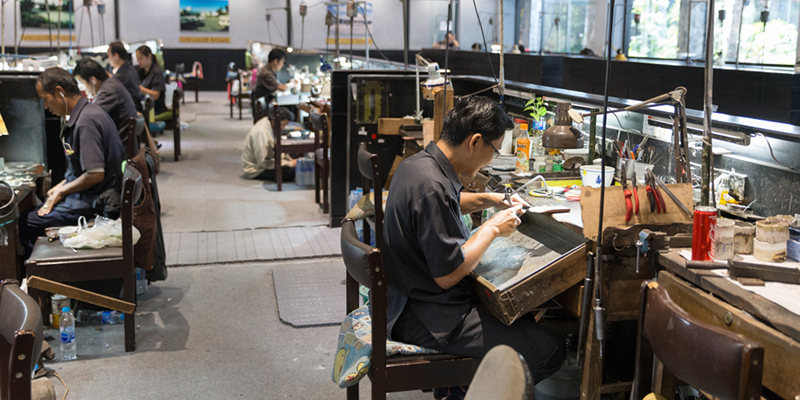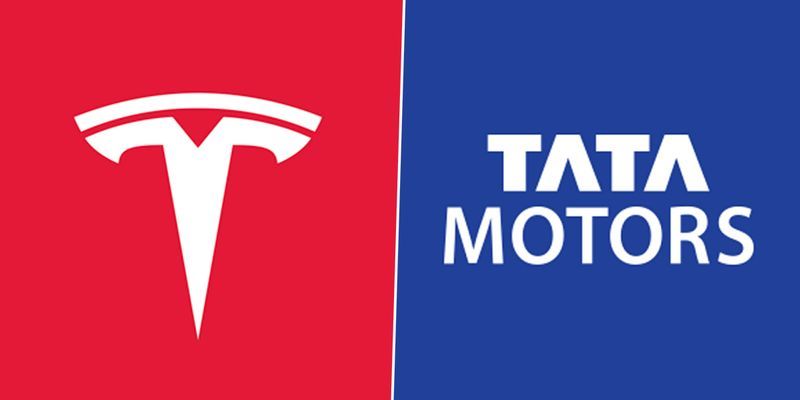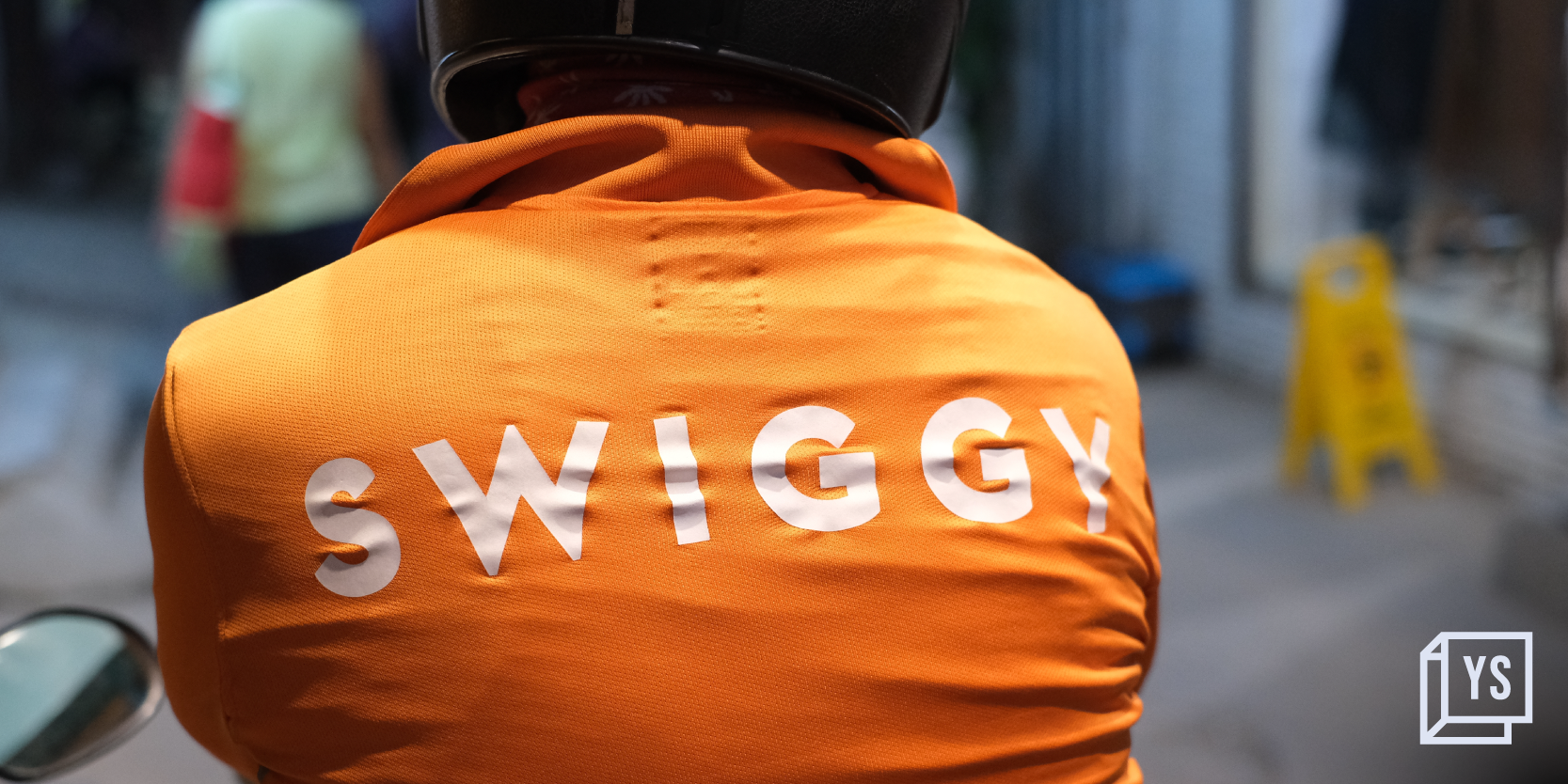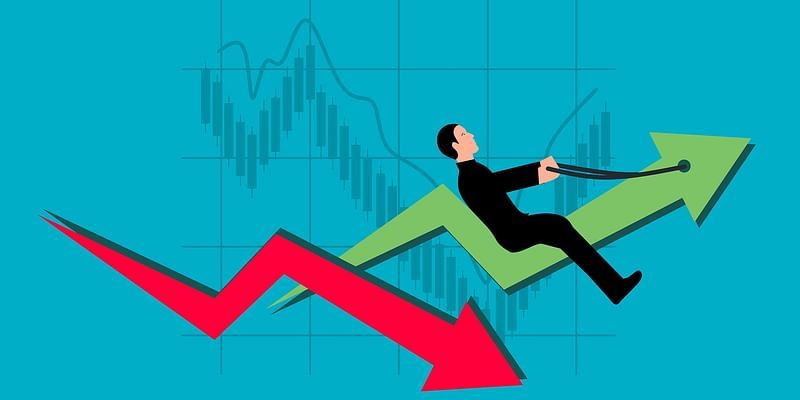Why Indian manufacturing startups are looking closely at Thailand
Ease of doing business, tax exemptions, and easy access to Southeast Asian markets - Thailand is making it easier for startups, especially in the manufacturing sector.
Mention Thailand and the mind immediately visualises pristine beaches, flea markets, and a roaring nightlife. While tourism has been a key driver of Thailand’s economy, over the last year, the country has also been establishing its credentials as a manufacturing hub in the ASEAN (Association of Southeast Asian Nations) region.
Over the span of the one week that I was in the country, what struck me was how it was looking to establish itself as a manufacturing hub, with easy access to markets such as Indonesia, Cambodia, Vietnam, and the Philippines among others.
Regular sessions between government officials and entrepreneurs, plans of setting up a maintenance, repair and overhaul unit for aircraft, new airports, and policies to drive investment in manufacturing – Thailand is making all the right moves. Not only that, the country is also not shying away from opening its shores to investments from neighbouring countries, mainly China.
Not just manufacturing companies from within the country, but those from across the world are seeing improving processes that are making it easier to set up operations in Thailand.
Ease of doing business
In 2016, the World Bank had ranked Thailand at second place in terms of ease of doing business among emerging economies in East Asia. The 2018 World Bank Ease of Doing Business report ranked Thailand at 26 among 190 economies. India, on the other hand, ranked 100.
It is this very ease of doing business that has gotten several Indian startups keen on Thailand and by extension, Southeast Asia.
The Rs 300 crore Hi-Tech Membrances Group supplies reverse osmosis kits to companies that sell water filters. It is an SME (Small and Medium Enterprise) that was started in 1995, and has plants in Bardoli, Parwanoo, and Surat in India. Founder and CEO Vijay Shah would import close to 100 reverse osmosis systems into the country, but found the duties and levies heavy. That is when he decided to set up a plant in Thailand.
He told YourStory that the Thailand Board of Investment (BOI) helps businesses set up operations in the country. The BOI works under the Office of the Prime Minister of Thailand, and focusses on investments in the country, as well as overseas investments.
The idea is to get a seamless link between private sector corporate entities, investors, and government agencies with manufacturing startups, SMEs, MSMEs (Micro, Small and Medium Enterprises) and even larger manufacturing units. This helps create a manufacturing ecosystem that can work together when needed and thrive.

Tax benefits
Thailand provides a seven-year tax exemption to export-driven manufacturing businesses.
“Thailand gives us access to the ASEAN market. The tax rates are lower, the import duty rates are at zero, compared with India’s 10 to 30 percent. There is generally a liberal view on import duties for products that are primarily meant for exports,” explains Vijay.
Thailand is also working on several exemptions that would come into effect this financial year.
On the other hand, even with the Make In India campaign and other efforts in this direction, India has primarily been a services-led economy, as opposed to Thailand, which has historically been focussed on export-led manufacturing.
However since 2014, with the push of Make in India, the country has focussed on developing infrastructure, building a talent pool to the needs of a manufacturing economy and even attract FDI.
While India is growing, a global report states one of the major challenges India faces is building a strong infrastructure for manufacturing startups and also that the governance model is slow to react. In terms of exemptions, the Indian government has given 100 percent tax exemption for the first three years for startups in general. For manufacturing businesses and entities, GST (Goods and Services Tax) plays a significant role.
According to H&R Block, persons holding advance authorisation, export promotion capital goods (EPCG) and export-oriented units (EOU) do not have to pay IGST and cess on imports. The council also introduced a scheme to paying 0.1 percent as GST on procured goods.
In India, under the GST regime, it has been observed that exporters were facing difficulties like blocked cash flows as they were required to pay GST and Integrated GST on raw materials, imported finished goods, inputs and others.
According to media reports, India is currently working on a new GST system to allow companies with units in tax-free zones to claim a GST refund. As of the last fiscal, $515,000 was earmarked for the implementation of the National Manufacturing policy.
“However, most of the policies and processes take time. We are not sure how startups can avail these benefits. In countries like Taiwan and Thailand, the transparency of the benefits and how they can be availed, makes it easy to look at setting up in either place,” says an electric vehicle manufacturing startup founder, who intends to set up a base in Southeast Asia, on the condition of anonymity.
Apart from tax exemptions, Thailand has eased visa regulations for trained professionals.

Land and raw materials
“It is easier to get parts of products made in Southeast Asia, especially Thailand and Taiwan. The labour is cheaper, and more skilled in building hardware,” electric vehicle manufacturing startup founder adds.
“In India, it becomes difficult to explain to vendors what we want. In a number of cases, we need to train and also work on a trial-and-error basis to get a basic part. This is a cost as we need to further import raw materials, and so it becomes easier to manufacture elsewhere,” he adds.
One of the biggest requirements for manufacturing startups is the ease of procuring raw materials. According to a Damco report, while India does not lack in availability of raw materials and labour, its growth as a sourcing region could still be limited by the fact that it is not competitive enough in the area of secondary, non-cost factors.
In Thailand, the Free Zone encourages Thailand-based manufacturing operations by making the process simpler. The duty on products manufactured abroad and imported into the country is decided on the basis of the complete product, rather than materials or components. It also provides the manufacturer uses of labour and services.
While India has removed import licensing requirements for consumer goods, certain products face licensing related barriers. Special import licenses are needed for vehicles and motorcycles. There is a negative list for banned or prohibited items like oils of animal origin, tallow and fat. Certain chemicals and livestock products require an import licence.
Pharma products can be imported by government trading monopolies only. India also has distinguished goods under remanufactured, reconditioned, new, and secondhand categories.
Apart from raw materials, land also plays an important role. Thailand has set up industrial parks like Amata, which has factories of some of the biggest global brands. Amata’s Chief Marketing Officer explains it is easy to procure land in Thailand. He adds that procurement of land takes a year, post which, the government offers benefits for manufacturing startups like electricity and easy access to water.
Under Make in India, National Investment and Manufacturing Zones are being conceived as giant industrial greenfield townships to promote manufacturing activities. It is also said that the central government will be responsible for improving or providing external physical infrastructure linkages like rail, road, ports, airports and telecom, and work towards bearing costs of the same.
“There is little known or seen in that direction. Also, the paperwork and details are complicated,” says a textile manufacturer.
Labour benefits
One of the benefits of India and Southeast Asian countries is the fact that the labour costs are cheaper and lower. Thailand is known for its skilled and productive workforce, while the costs of labour are higher than India, like Rs 8000 per person versus Rs 6000 per person in India, the efficiency is higher.
“While there is labour available, the need to have skilled labour for high-intensity technology isn’t available in India. There is little know-how. There is more talent for the services sector in India than high-technology talent for manufacturing,” says another motor vehicle manufacturer in India.
Indian companies looking at Thailand as a manufacturing destination isn’t new. Large Indian corporations like Aditya Birla Group, Mahindra Group, TVS Logistics Services, Punj Lloyd Group and Ranbaxy Laboratories among others have already made investments in the country.
But the lure of further tax exemptions and policy changes are now making it easier for SMEs and MSMEs.











